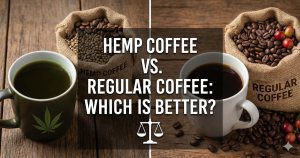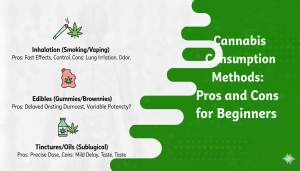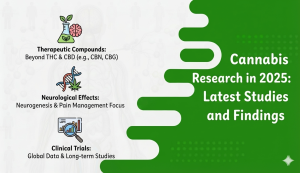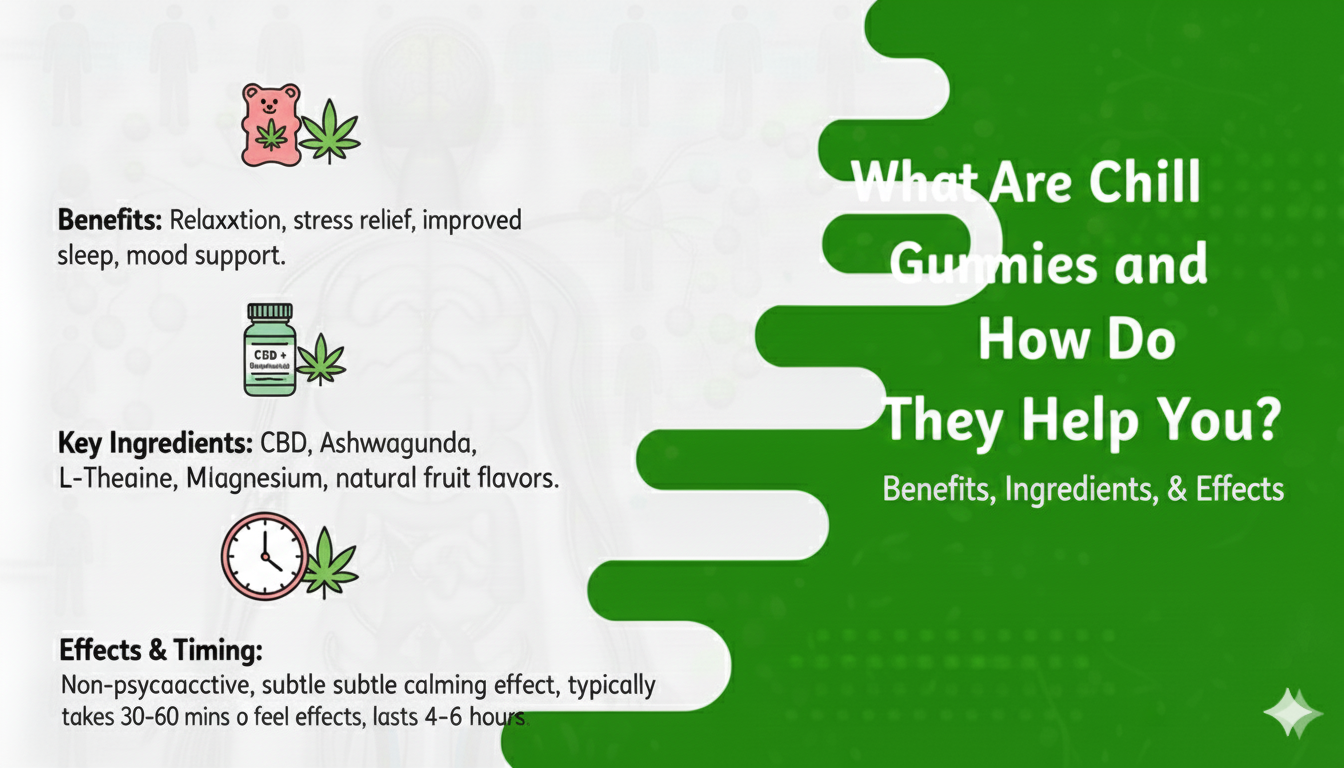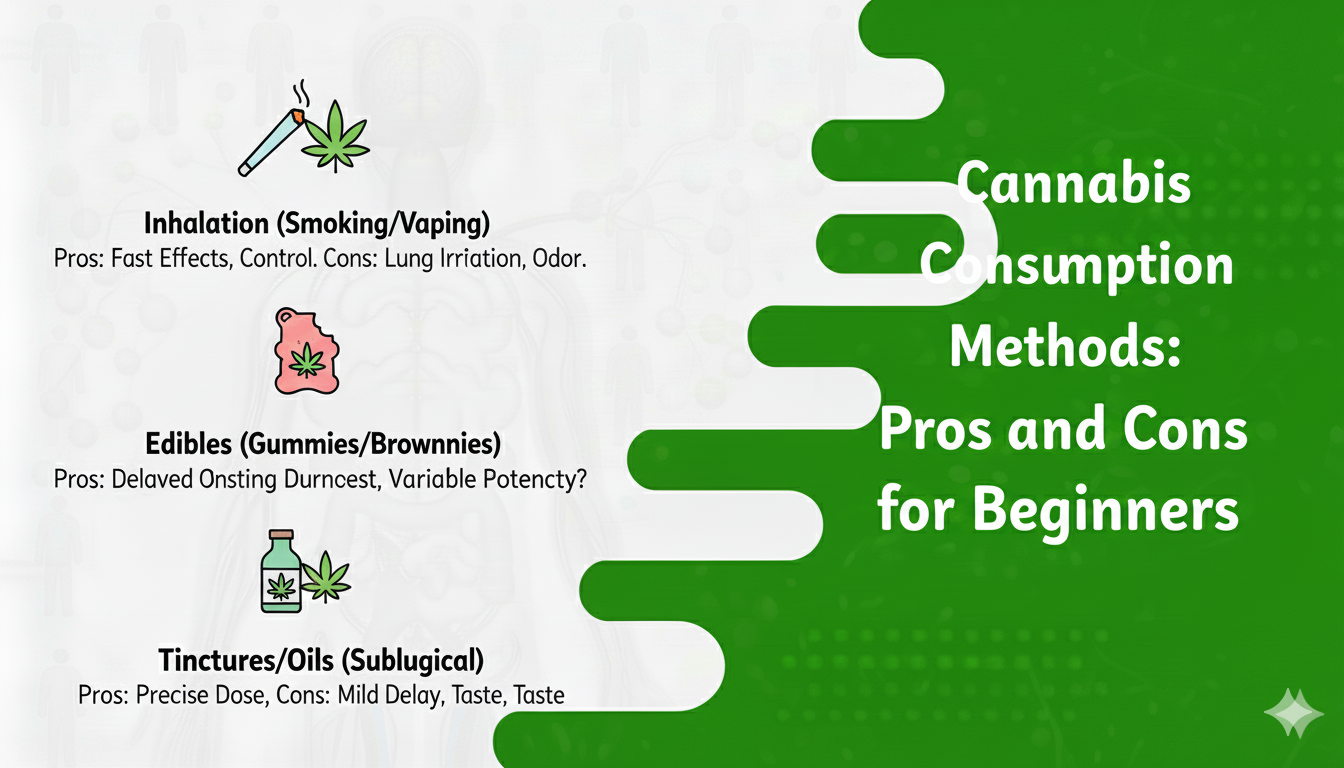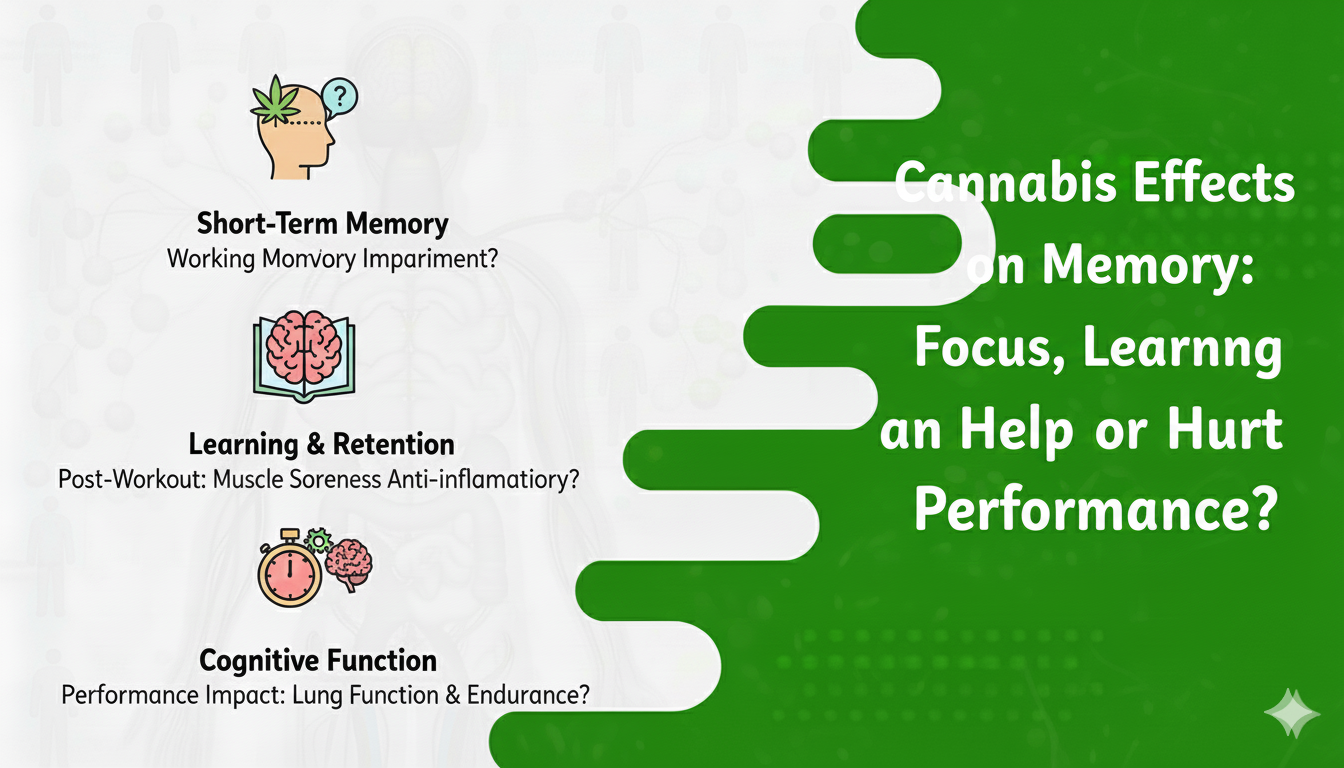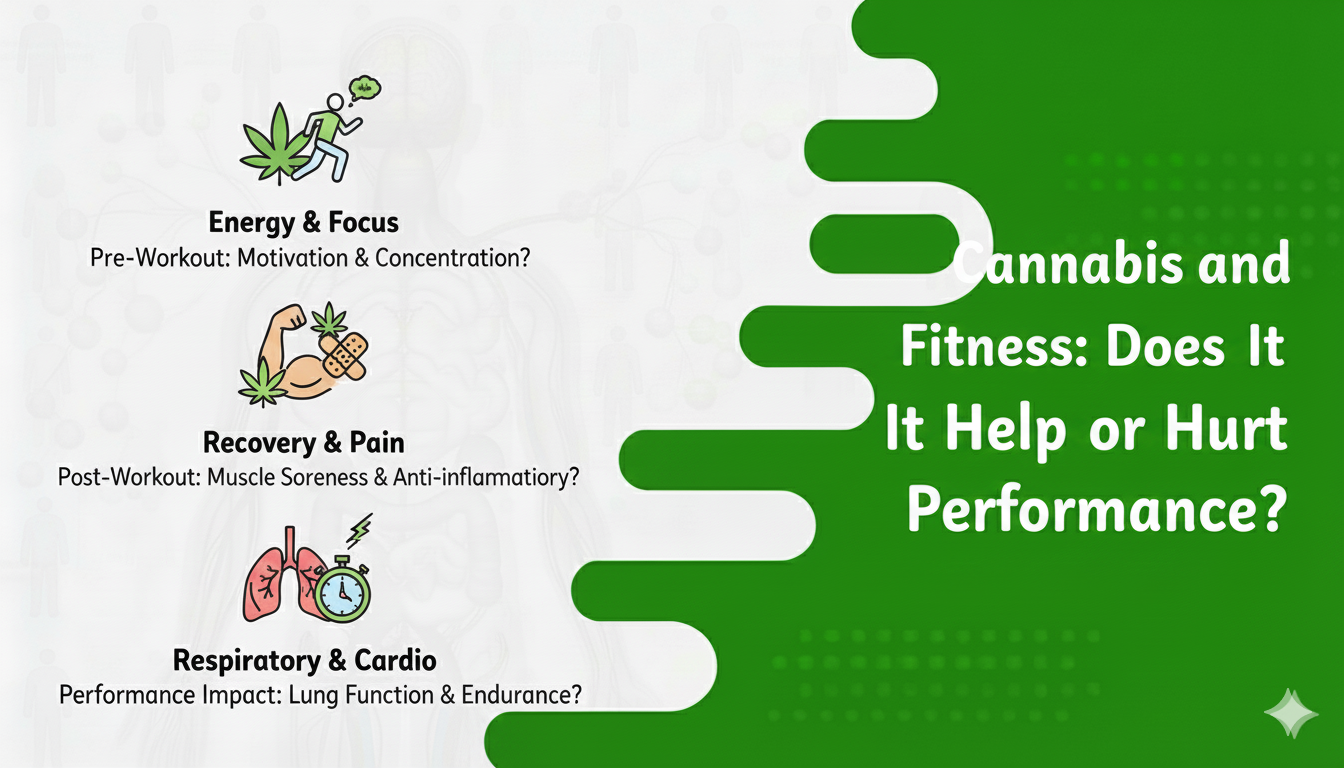There are links on this site that can be defined as affiliate links. This means that we may receive a small commission (at no cost to you) if you purchase something through the links provided on this website.
In the dynamic realm of cannabis legality, a newcomer has sparked intrigue: THC-P. But what exactly is THC-P, and where does it stand concerning legality? Join us as we explore the intricate framework surrounding THC-P and understand why it’s legal in some states while prohibited in others.
Key Takeaways:
- THC-P, or tetrahydrocannabiphorol, is a cannabinoid compound found in cannabis, offering potentially more potent effects with smaller doses.
- THC-P legality differs across states, with some, like California and Colorado, permitting its use, while others, like Alabama and Georgia, prohibit it.
- The legal status of THC-P depends on evolving cannabis laws, scientific research, and public perception, which shape regulatory decisions in different states.
- Stay informed about THC-P laws through resources like DISA and the National Conference of State Legislatures (NCSL) to understand its legality and implications in your jurisdiction.
1. What is THC-P?
THC-P, or tetrahydrocannabiphorol, is a cannabinoid compound found in cannabis. Structurally akin to THC, the psychoactive element of marijuana, THC-P is believed to offer more potent effects with smaller doses.
2. States Where THC-P is Legal
States where THC-P is legal:
- California
- Colorado
- Washington
- Oregon
- Nevada
- Alaska
- Michigan
- Maine
- Vermont
- Massachusetts
Dependence on Legal Framework:
- THCP is legal In states where recreational or medical cannabis is legalized, THC-P may fall within permissible boundaries.
- States with established cannabis industries and regulations are more likely to accommodate THC-P within their legal frameworks.
Why THC-P is Legal:
Evolving Cannabis Laws:
With shifting attitudes towards cannabis and increasing acceptance of its potential benefits, states are revisiting their cannabis laws, potentially opening doors for THC-P.
Scientific Research:
Ongoing studies exploring the effects and potential medical applications of THC-P contribute to its legality, as policymakers consider evidence-backed regulations.
States Where THC-P Isn’t Legal
States where THC-P is not legal:
- Alabama
- Georgia
- Idaho
- Indiana
- Iowa
- Kentucky
- Mississippi
- North Carolina
- South Carolina
- Tennessee
Dependence on Legal Landscape:
- THCP isn’t legal in states where cannabis remains illegal or highly restricted, THC-P may face prohibitive regulations.
- States with stringent cannabis laws may extend these regulations to cover THC-P due to its association with cannabis derivatives.
Why THC-P Faces Prohibition:
- Regulatory Caution: Some states may opt for caution, mirroring their approach to THC and cannabis derivatives, until comprehensive research and regulatory guidelines are established.
- Public Perception: Lingering stigma surrounding cannabis and its derivatives may influence policymakers to err on the side of caution, prohibiting THC-P until further clarity is attained.
4. The Future of THC-P Legality
As scientific research on cannabis expands and public opinion evolves, the legal landscape of THC-P is subject to change. Factors influencing its future legality include:
- Continued Research: Further exploration of THC-P’s effects, safety, and medical potential will inform regulatory decisions.
- Regulatory Adaptation: Regulatory bodies may refine cannabis laws to accommodate emerging compounds like THC-P, balancing public health and consumer access.
- Public Advocacy: Advocacy efforts promoting cannabis education and reform may influence policymakers, fostering greater acceptance of THC-P and its derivatives.
Here are some resources you can use to stay up-to-date on THCP laws:
- DISA: provides an interactive map that shows the current marijuana laws in each state.
- The National Conference of State Legislatures NCSL: website tracks state legislation on a variety of topics, including marijuana.
Conclusion
In conclusion, THC-P represents an intriguing frontier in the world of cannabis. While its legal status varies from state to state, ongoing research and evolving attitudes towards cannabis may shape its future. Whether legal or not in your jurisdiction, it’s crucial to stay informed and navigate the cannabis landscape responsibly. As laws adapt to accommodate emerging compounds like THC-P, continued vigilance and compliance with local regulations are paramount.
Disclaimer:
This blog is for informational purposes only and should not be construed as legal or medical advice. The legality of THC-P varies by jurisdiction, and readers should consult relevant laws and regulations in their area. Additionally, while THC-P may hold potential benefits, its use should be approached with caution and under the guidance of healthcare professionals. Always abide by local laws and regulations regarding cannabis and its derivatives.

